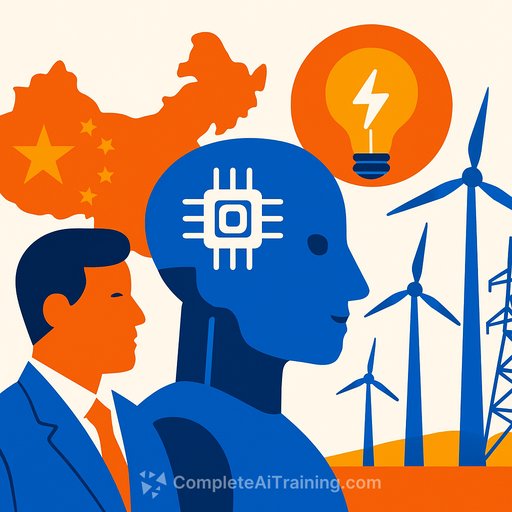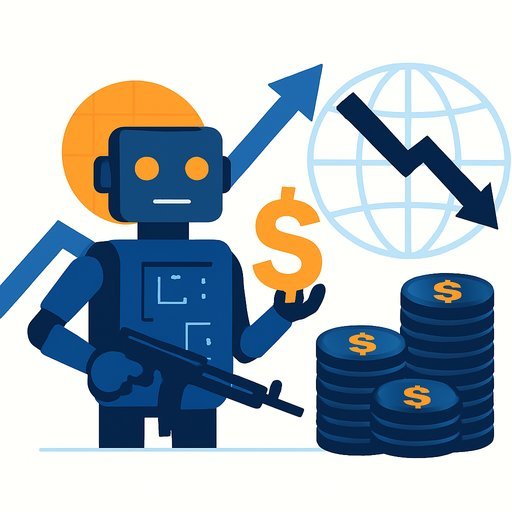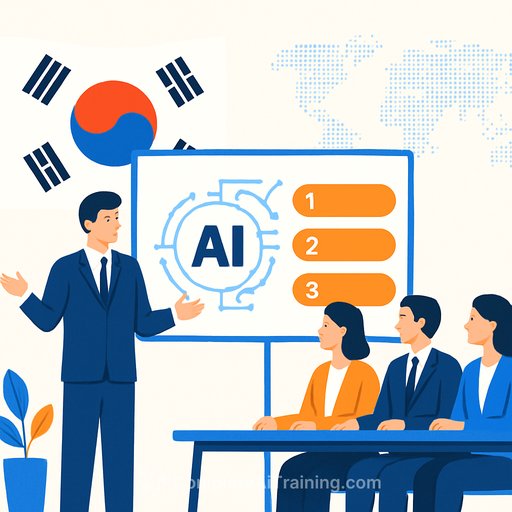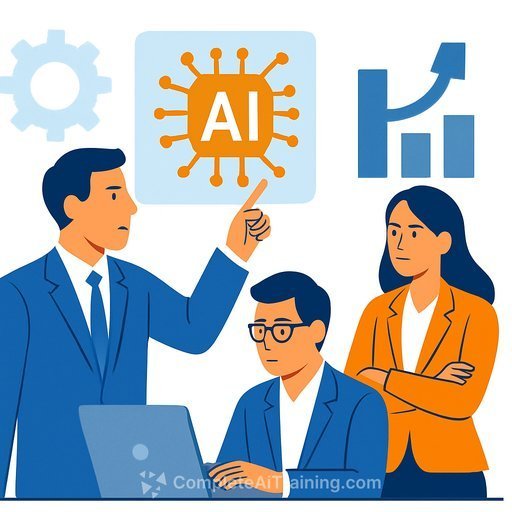China’s Ambitious AI Strategy for the Energy Sector by 2030
China is setting a clear objective to lead globally in artificial intelligence (AI) applications within the energy sector by 2030. The National Development and Reform Commission (NDRC) unveiled plans to integrate AI deeply into power grids, coal, oil, and gas industries as part of its broader “AI Plus” initiative.
The NDRC aims to introduce a specialized framework by 2027, focusing on the intersection of computing power and electricity. This strategy targets key technology breakthroughs and wider adoption of AI across energy operations.
Concrete Steps to Drive AI Integration
According to a joint policy paper with the National Energy Administration, China will:
- Develop at least five industry-specific AI models for energy applications.
- Identify over 10 pilot projects that are replicable and competitive.
- Create around 100 real-world AI application scenarios in the energy field.
The goal is to build a solid foundation based on high-quality data, digital infrastructure, and diverse use cases. The energy sector is expected to lead the adoption of AI technologies across manufacturing and services.
Focus Areas and Innovation Platforms
China plans to establish dedicated AI research and innovation platforms tailored to energy. Specialist training programs will develop talent skilled in both AI and energy management. Over the next two years, efforts will include building a financing system to support ongoing AI research and applications.
The initiative targets eight critical areas, including:
- Power supply and demand forecasting
- Smart grid diagnostics
- Predictive maintenance of equipment
- Hydropower development in challenging environments
- Reservoir management
- Weather and hydrology forecasting
- Nuclear safety alerts
- Fuel optimization in thermal power plants
By focusing on these domains, China aims to achieve early progress in smart energy and develop an innovation model aligned with national conditions.
Manufacturing and Industrial Growth Through AI
China’s Ministry of Industry and Information Technology (MIIT) is also emphasizing AI’s role in industrial upgrades. The upcoming 15th Five-Year Plan (2026–2030) will prioritize AI, robotics, and emerging technologies to maintain manufacturing’s contribution to the economy at a sustainable level.
MIIT Minister Li Lecheng highlighted the push for deeper integration of technological and industrial innovation to support economic growth driven by AI advancements.
What This Means for Executives and Strategy Leaders
Leaders in energy and manufacturing sectors should closely monitor China’s AI initiatives, as these developments will influence global energy markets and technology standards. Understanding China's approach offers insights into how AI can optimize operations, improve safety, and enhance resource management at scale.
Companies aiming to compete internationally will benefit from tracking China’s pilot projects and application scenarios to identify opportunities for collaboration or competitive differentiation.
To keep pace with AI developments and their practical applications, executives can explore targeted training options available at Complete AI Training, offering courses designed for strategic and operational leaders.
Your membership also unlocks:






